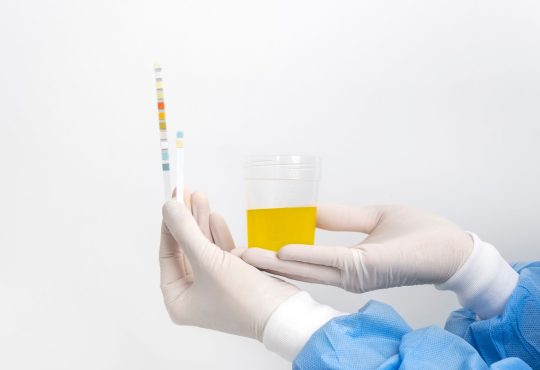
The Importance of Regular Calibration of Industrial Testers and Meters
In industrial settings, precise measurements are vital for maintaining the safety, efficiency, and quality of various processes. Industrial testers and meters, such as voltage testers, multimeters, and power analyzers, play a crucial role in measuring and monitoring electrical parameters. However, over time, these instruments can drift or deviate from their original calibration, leading to inaccurate readings and potential risks. This is why regular calibration of industrial testers and meters is of utmost importance.
Regular calibration of industrial testers and meters is essential for accurate measurements, compliance with industry regulations, preventive maintenance, and credibility of measurement results. This not only promotes safety and efficiency but also strengthens the overall quality control processes and customer satisfaction. Therefore, investing in regular calibration services for industrial testers and meters is a worthwhile practice that brings long-term benefits to the organization and its stakeholders.
Calibration ensures accurate measurements.
Industrial testers and meters are used to measure voltage, current, resistance, power, and other electrical parameters. Accurate measurements are crucial for maintaining safe operating conditions, detecting faults, and ensuring the proper functioning of electrical systems and equipment. Regular calibration of these instruments helps identify any deviations or inaccuracies in their readings. By comparing the measurements obtained from the instrument with known reference standards, calibration technicians can make necessary adjustments to bring the instrument back to its accurate and reliable state.
Calibration also ensures compliance with industry standards and regulations.

Many industries, such as manufacturing, energy, and healthcare, have strict quality control and safety regulations in place. These regulations often require that instruments used for critical measurements are calibrated regularly. Regular calibration helps demonstrate compliance with these standards, ensuring that the measurements obtained from industrial testers and meters are reliable and traceable. Compliance with regulations not only ensures the safety of personnel and equipment but also helps avoid legal implications and potential financial losses. If you are looking for a high quality current transducer, check it here.
Another significant benefit of regular calibration is preventive maintenance.
Calibration is not just about adjusting the readings of an instrument; it also involves inspecting the instrument for any signs of wear, damage, or malfunction. During the calibration process, technicians may identify issues such as loose connections, faulty components, or degraded performance. By detecting these problems early on, preventive maintenance can be performed to address the issues before they cause equipment failure or production downtime. Regular calibration, therefore, serves as an effective preventive maintenance practice, saving time, money, and resources in the long run.
Calibration enhances the credibility of measurement results.
Customers, regulatory bodies, and stakeholders rely on these measurements to assess the quality and safety of products or processes. Regular calibration of industrial testers and meters provides a documented history of accuracy, which adds credibility and trustworthiness to the measurement results. It demonstrates a commitment to quality, reliability, and precision in industrial operations, enhancing the reputation and competitiveness of the organization.






